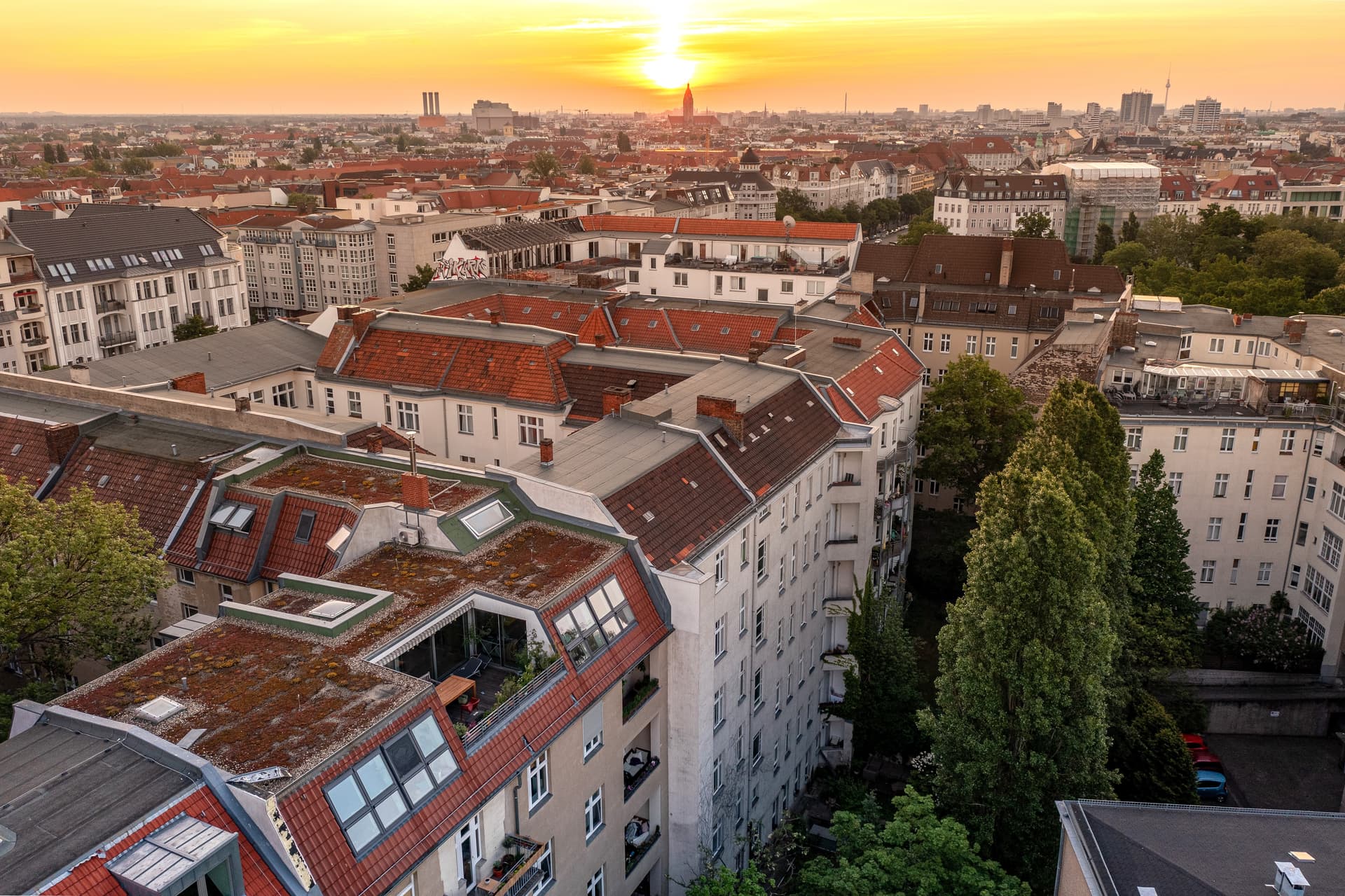Rising or falling real estate prices - What does the Economic Experts Survey say?

07.
September 2023
Global real estate prices expected to rise over the next 10 years
Real estate and rental prices have enjoyed a very long period of growth. According to the Bank for International Settlements, nominal house prices rose by an average of 5.4% per year worldwide between 2012 and 2022. However, with the onset of the COVID 19 pandemic, the subsequent outbreak of war in Ukraine and the accompanying record inflation rates, particularly in Europe and the USA, this trend has been halted in the meantime. According to the Association of German Pfandbrief Banks (vdp), property prices in Germany fell again in the third quarter of 2022 for the first time in more than ten years.
But what will happen next? As part of a recent survey conducted by the Economic Experts Survey (EES) of the ifo Institute and the Institute for Economic Policy (IWP), economic experts were asked about their expectations regarding real estate prices. A total of 1,405 economists from 133 countries took part. According to the results of the current survey, the respondents expect a recovery in the real estate climate worldwide and a strong increase in real estate prices overthe next ten years.
Strong differences within Europe
On a global average, a nominal annual rate of increase of 9% isexpected. However, the experts see some strong differences in the expected price development between the individual nations, including within Europe. Moderate growth rates of 6.4% and 9.9% respectively are forecast for property values in Western and Northern Europe. For Germany, a growth rate of 7.2% is estimated, which would put the country slightly above the Western European average.
In Eastern and Southern Europe, the price trend could be around three times as strong. Prices in the Eastern European countries are expected to rise by 14.9%, and by as much as 18.4% in Southern Europe.
However, the economists surveyed consider the economic situation to be critical, particularly in regions where real estate prices are rising sharply. For example, the situation in Southern and Eastern Europe has deteriorated sharply and there is no clear improvement in sight in Western Europe either. Only the northern European countries are said to be experiencing a current economic recovery.
Highest growth rates in East Africa and South Asia
According to the study, the highest price increases for real estate worldwide could occur in regions such as East Africa or South Asia. Price increases of up to 20% and more are possible there. High growth rates of between 10% and 15% are also forecast for South America, Central Asia and North Africa.
Price development in North America, Oceania and Southeast Asia islikely to be more moderate. Real estate prices there are expected to increase by between 6% and 8% per year. The lowest growth rates of around 5% are expected for the countries of Central Africa.
According to the economic experts surveyed, the reasons for the differing development in theindividual regions lie on the demand side, i.e., in an improved standard of living and higher incomes, as well as in population development and changed preferences with regard to housing and foreign investment. Accordingly, supply-side factors include aspects such as land restrictions, limited production capacities and renovation costs.
Real estate price expectations also depend on inflation expectations. For instance, there is a strong correlation between respondents' regional short- and long-term inflation expectations and their assessments of real estate price developments over the next ten years. The real increase in real estate prices could therefore be lower than the nominal values.